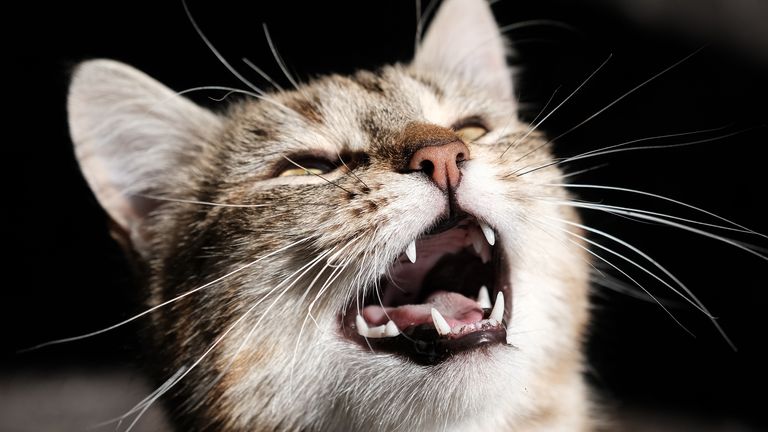Musical Legends Unite: Kate Bush, Sam Fender, and Damon Albarn Launch Silent Album to Protest AI Copyright Initiatives
Over 1,000 artists and musicians, including notable figures like Kate Bush, Damon Albarn, Sam Fender, and Annie Lennox, have come together to record a silent album called Is This What We Want?. This initiative serves as a protest against proposed changes to copyright law that could result in artists being replaced by artificial intelligence (AI). The album features contributions from a diverse range of artists, such as Billy Ocean, Tom Grennan, New Order, Simon Le Bon, Tori Amos, Pet Shop Boys, The Clash, Bashy, Jamiroquai, and Imogen Heap, along with various composers, conductors, and organizations like Hans Zimmer, the Royal Albert Hall, and the Royal Liverpool Philharmonic Orchestra.
The album comprises recordings of empty studios and performance venues, highlighting a potential reality for musicians in the UK if these legislative changes are enacted. The track listing conveys a powerful message: “The British government must not legalize music theft to benefit AI companies.” The proposed legislative framework seeks to create an exemption in copyright for AI training, allowing tech firms to utilize copyrighted material without needing permission, leaving creators to opt out if they wish to protect their work.
A government spokesperson indicated that the UK’s current copyright regime for AI is hindering the creative industries and preventing both the media and the AI sector from reaching their full potential. A consultation on these matters closed recently, attracting significant attention.
Figures like Sir Elton John and Simon Cowell have expressed support for the campaign opposing these proposals, while Sir Paul McCartney has also voiced his concerns. Critics argue that these new plans do not adequately compensate artists for their work being reproduced by AI, stifle creativity, and place an unnecessary burden on musicians through the proposed opt-out scheme. All proceeds from the silent album will be donated to the charity Help Musicians.
Campaign organizer Ed Newton-Rex emphasized that the government’s proposal would effectively hand over the work of UK musicians to AI companies without compensation, allowing these entities to exploit artists’ creations. He asserts that this plan poses a significant threat to musicians and is entirely unnecessary. The UK has the opportunity to lead in AI innovation without risking its world-renowned creative sectors.
The creative industries are increasingly concerned over the use of powerful AI models such as ChatGPT, especially regarding their capability to generate content that mimics existing works. This has been a central issue in narratives surrounding the recent Hollywood strikes, as music labels have sought measures to prevent the unauthorized cloning of pop star vocals. Similarly, photographers have raised alarms against online art generators.
In recent reports, it was noted that the UK music industry contributed £7.6 billion to the national economy in 2023, with music exports totaling around £4.6 billion. While some AI firms are beginning to negotiate licenses for content usage, many AI models have been developed using data sourced from the public internet, including various publishing sites.
Dan Conway, CEO of the Publishers Association, pointed out the overwhelming support against the proposed changes, warning that any disregard for these concerns would be to the government’s detriment. He stated, “When Booker, Grammy, Oscar, and Nobel prize winners unite to ask the government for a fair hearing, we must hope they listen.” The public sentiment remains clear: the alleged “copyright heist” must not go unchallenged.
A government spokesperson reiterated the need for new approaches to copyright that would facilitate both AI developers and rights holders. He assured that no decisions would be finalized until a feasible plan that balances the interests of all parties involved has been established, promoting lawful access to material for AI training and enhancing transparency regarding the usage of such material. Further proposals are expected to be announced in due course.







